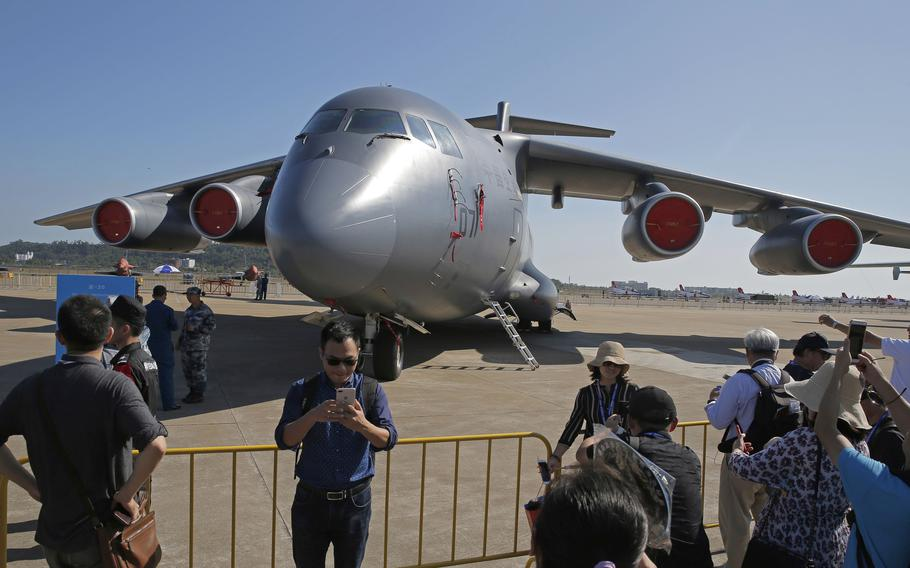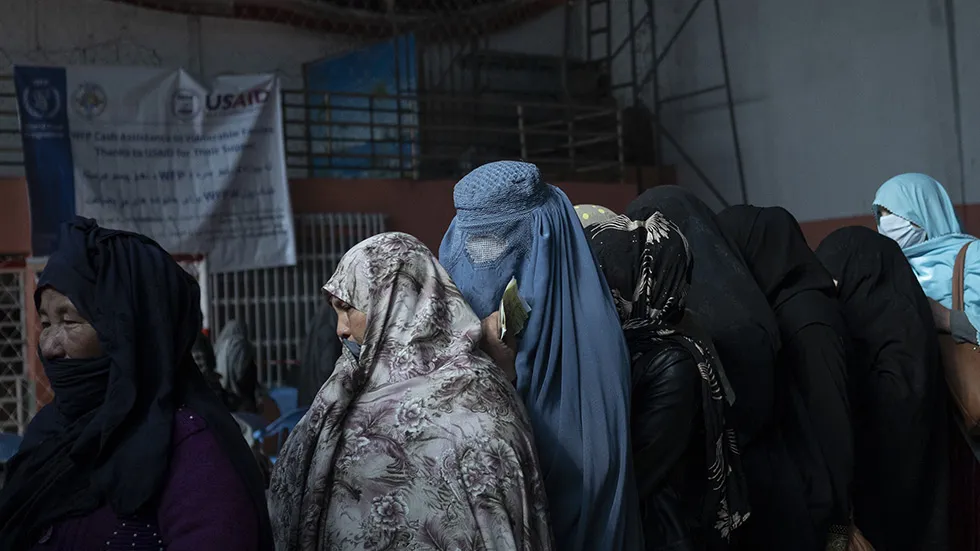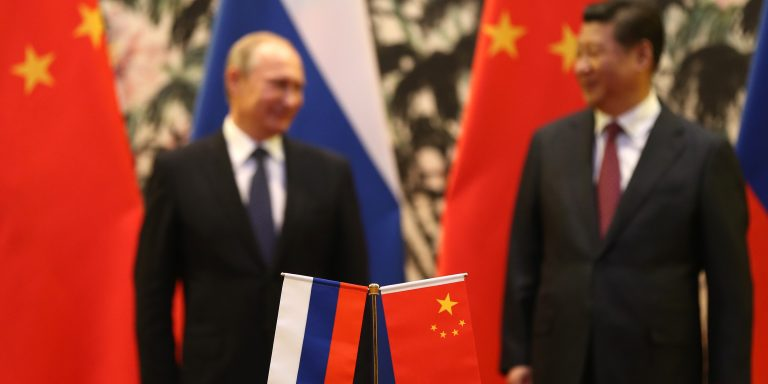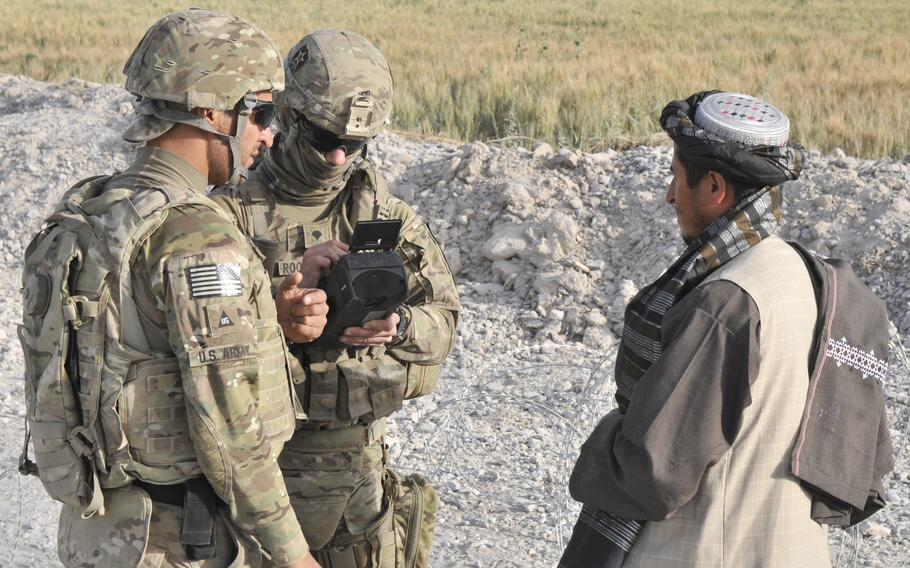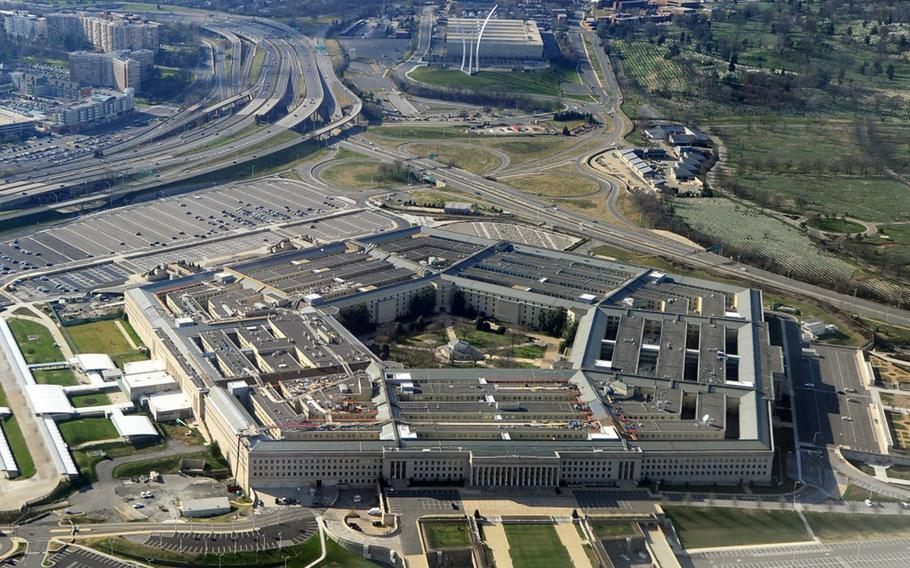U.S., India Take Steps to Increase Cooperation, Ties Between 2 Largest Democracies
U.S. and Indian leaders took steps today to deepen the cooperation and ties between the two largest democracies in the world.
Secretary of Defense Lloyd J. Austin III and Secretary of State Antony J. Blinken hosted their Indian counterparts, Defense Minister Rajnath Singh and Minister of External Affairs S. Jaishankar for the fourth Ministerial Dialogue between the two countries.


